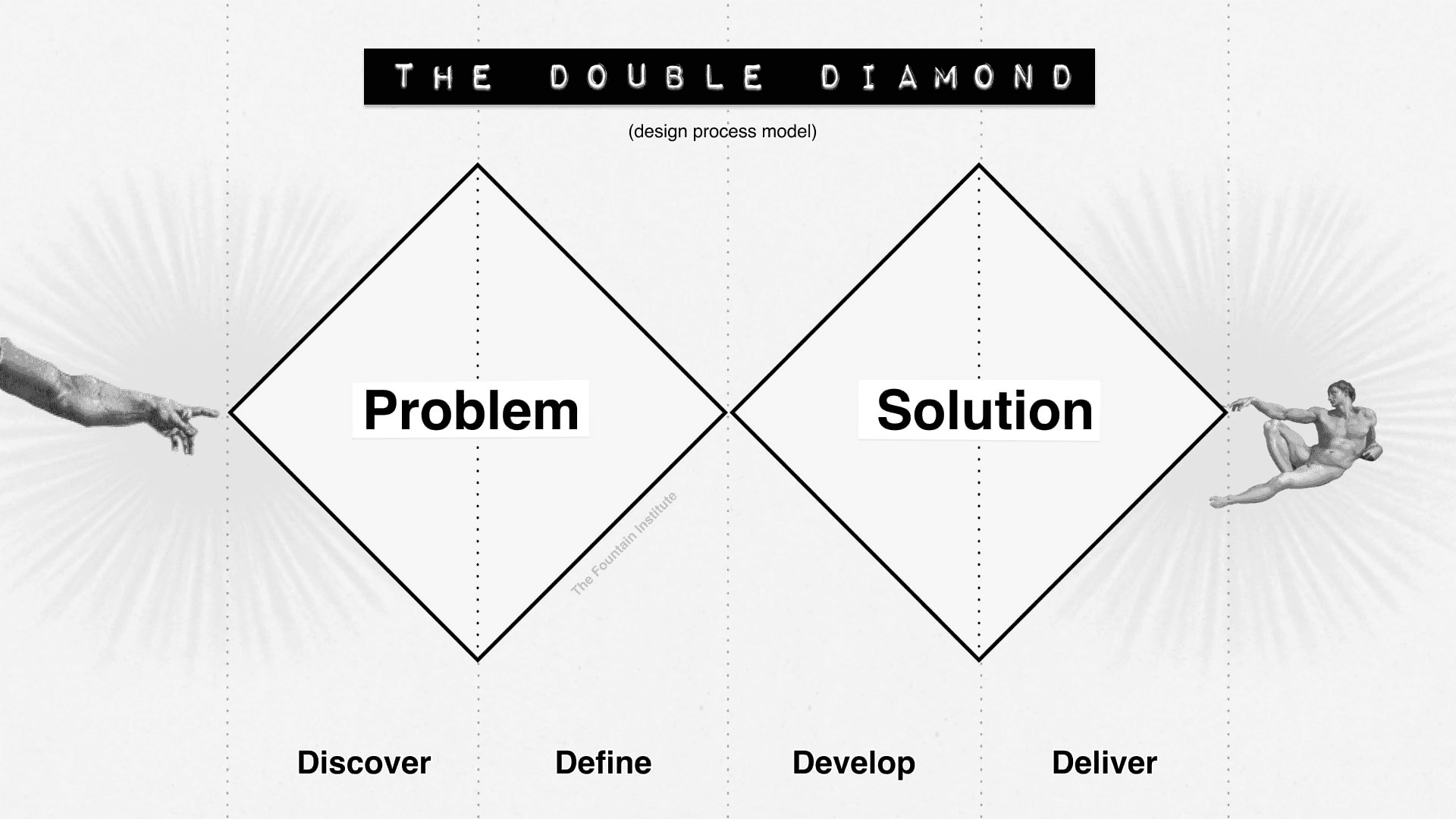June 30, 2023
Elevate Your Product By Doing Discovery Research
At its core, discovery research is an exploration mission. It's your first step in the grand adventure of developing a product or service that resonates with your target audience. Discovery research, also known as exploratory or generative research, aims to delve into your problem space and get to know your users inside out. It involves understanding your potential customers' motivations, desires, and how they tackle their problem
The beauty of discovery research is that it's not about confirming your assumptions or testing solutions. No, it's about laying a strong foundation of understanding before you start building your product. This is where its real value lies. It helps you avoid the pitfalls of relying on anecdotal evidence or personal opinions, and instead, steers you towards data-driven decisions. This ultimately saves you time, money, and the headache of product revamps down the line
Discovery can be found in different frameworks & it's almost, always the first

"This kind of research is essential throughout the product development process as products and audiences evolve.
If you're thinking about diving into discovery research, here's a simple three-step plan to get you started:
Select Your Research Methods: There are two main types of discovery research methods: interviews and ethnographic studies. Interviews help capture attitudinal data, providing insights into subjective experiences. Ethnographic research, on the other hand, is observational and great for pinpointing specific patterns and behaviors.
Outline Your Goals: Initiating a discovery research practice doesn't have to be a mammoth task. The process can be tailored to your specific context and rolled out gradually. Start by setting clear, concrete goals that are directly linked to the ultimate objective: providing the team with the ability to make informed decisions. Remember, it's only by measuring progress against these stated goals that you'll know when you've done enough research.
Win Over Your Stakeholders: Often, the biggest hurdle in the path of discovery research is skepticism about its value. Some stakeholders might feel they already have a deep understanding of their users and their problems. The key to overcoming this barrier is to advocate for discovery research convincingly and ask the hard questions that highlight its necessity. Bring your team members into the process, let them see the benefits first hand, and watch as their understanding deepens.
Closing Thoughts
Discovery research is a vital part of the product development process. It illuminates the path towards creating products and services that truly resonate with users. The process may seem daunting at first, but with the right tools and techniques, you can make it an integral part of your organization's culture.
